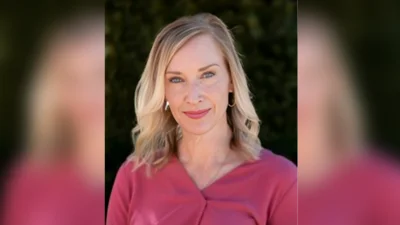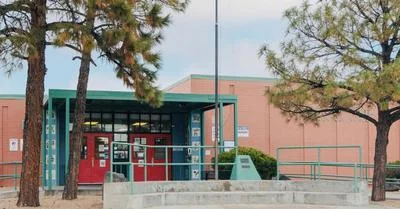New Mexico State University (NMSU) has recently announced the creation of an initiative called Here to Help New Mexico. The program, launched by NMSU's Southwest Border Food Protection and Emergency Preparedness Center, is designed to enhance stress prevention efforts and broaden health and wellness resources in agricultural communities.
The delivery of educational programs directly to these communities is a key aspect of the initiative. These programs are facilitated by NMSU Extension agents. The funding for Here to Help New Mexico comes from the New Mexico Farm and Ranch Stress Assistance Network, supported by a grant from the United States Department of Agriculture's National Institute of Food and Agriculture, as stated in a press release by NMSU.
Tom Dean, co-director of NMSU’s Southwest Border Food Protection and Emergency Preparedness Center, emphasized the importance of collaboration in this endeavor. He said, "The collaboration between the three entities has been a good partnership in trying to reach out to all of the folks across the state. We still have a long way to go to be at the forefront of these issues. But definitely, we’re starting to have more and more conversations."
The Southwest Border Food Protection and Emergency Preparedness Center (SWBFPEPC), originally established in 2005 as the Southwest Border Food Safety and Defense Center, is a joint initiative involving several entities. These include New Mexico State University's College of Agricultural, Consumer, and Environmental Sciences (ACES), Cooperative Extension Service (CES), and the New Mexico Department of Agriculture. The program's main objective is protecting the nation's food supply, according to information provided on the SWBFPEPC webpage by NMSU.
Jeff Witte, secretary of the New Mexico Department of Agriculture, stressed on empathy as a crucial part in dealing with farmers and ranchers. He said, "We have to make people feel comfortable that it’s OK not to be OK and to admit that," adding that "The greatest thing you can do when you’re visiting with farmers and ranchers is to listen to them – listen to what they’re saying."









